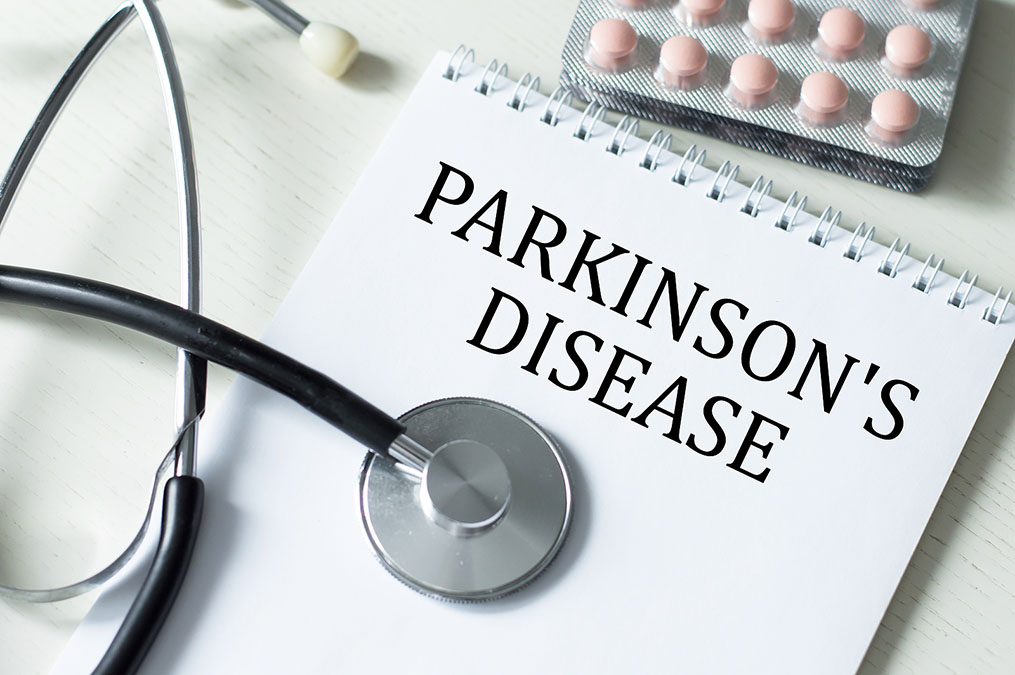 Parkinson’s disease has a complex set of causes, such as genetics, diet, lack of exercise, and sometimes social isolation.
Parkinson’s disease has a complex set of causes, such as genetics, diet, lack of exercise, and sometimes social isolation.
However, a new study published in the journal Neurology: Clinical Practice reports an interesting connection between Parkinson’s and something that may have happened to you as a child.
A huge body of research has found links between adverse childhood events (ACEs) and negative health outcomes such as high blood pressure, diabetes, stroke, cancer, and dementia.
Scientists had not yet investigated whether or how ACEs were linked with Parkinson’s disease. A team led by the UCLA David Geffen School of Medicine decided to fill this gap in the research literature.
They studied whether there were associations between the severity of childhood trauma and specific symptoms, overall disease severity, or quality of life in people with Parkinson’s disease.
They used an Internet-based survey of 712 Parkinson’s patients to ask them about childhood trauma, the symptoms and severity of their disease, and their quality of life.
These were their findings.
-
1. Those who reported the least childhood trauma enjoyed the highest current quality of life and reported the lowest burden of both motor and nonmotor Parkinson’s symptoms compared with those with higher levels of childhood trauma.
2. An increase in ACE was associated with an increase in both nonmotor and motor Parkinson’s symptoms.
3. Forty-five percent of Parkinson’s symptoms were more severe for those with an ACE score of four than for those with an ACE score of zero.
4. The worst effects of ACEs were on symptoms such as apathy, muscle pain, daytime sleepiness, restless leg syndrome, depression, fatigue, comprehension, and anxiety.
The scientists did not explain why ACE is related to Parkinson’s. It is possible that childhood trauma causes brain damage that later develops into Parkinson’s disease. It’s also possible that it proceeds more indirectly, through something like stress, for example.
They also remind us that the effect of adverse childhood events on Parkinson’s was not as strong as that of a lack of exercise, social isolation, and unhealthy dieting, meaning that your childhood trauma might not matter if you have a very healthy lifestyle today.

 Overcoming IBD
Overcoming IBD Multiple Sclerosis
Multiple Sclerosis Banishing Bronchitis
Banishing Bronchitis Gum Disease Gone
Gum Disease Gone Overcoming Onychomycosis
Overcoming Onychomycosis Neuropathy No More
Neuropathy No More The Prostate Protocol
The Prostate Protocol Brain Booster
Brain Booster
 Ironbound
Ironbound
 Solution for Shingles
Solution for Shingles
 The Bone Density Solution
The Bone Density Solution
 The Ultimate Healing Protocol
The Ultimate Healing Protocol
 The Parkinson's Protocol
The Parkinson's Protocol
 The Chronic Kidney Disease Solution
The Chronic Kidney Disease Solution
 Overthrowing Anxiety
Overthrowing Anxiety The Fatty Liver Solution
The Fatty Liver Solution The Hypothyroidism Solution
The Hypothyroidism Solution
 The End of Gout
The End of Gout The Blood Pressure Program
The Blood Pressure Program
 The Oxigized Cholesterol Strategy
The Oxigized Cholesterol Strategy
 Stop Snoring And Sleep Apnea Program
Stop Snoring And Sleep Apnea Program
 The Arthritis Strategy
The Arthritis Strategy The Vertigo & Dizziness Program
The Vertigo & Dizziness Program The 3-Step Diabetes Strategy
The 3-Step Diabetes Strategy Hemorrhoids Healing Protocol
Hemorrhoids Healing Protocol The Erectile Dysfunction Master
The Erectile Dysfunction Master Weight Loss Breeze
Weight Loss Breeze The IBS Program
The IBS Program The Insomnia Program
The Insomnia Program The Migraine and Headache Program
The Migraine and Headache Program The Neck Pain Solution
The Neck Pain Solution The Menopause Solution
The Menopause Solution The Ejaculation Master
The Ejaculation Master The TMJ Solution
The TMJ Solution The Acid Reflux Solution
The Acid Reflux Solution The Fibromyalgia Solution
The Fibromyalgia Solution The Psoriasis Strategy
The Psoriasis Strategy